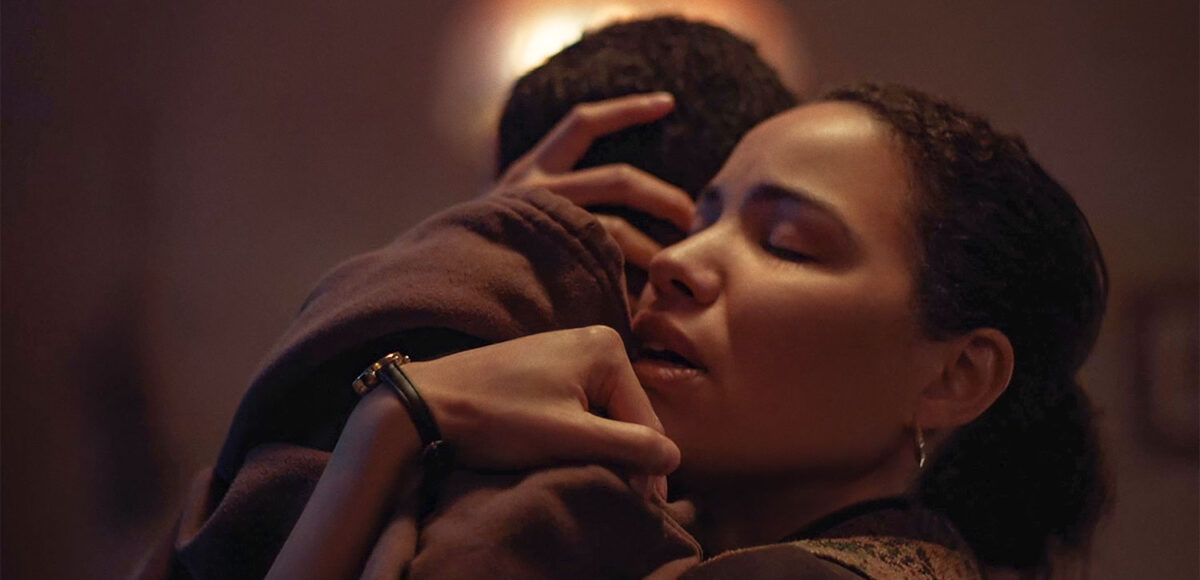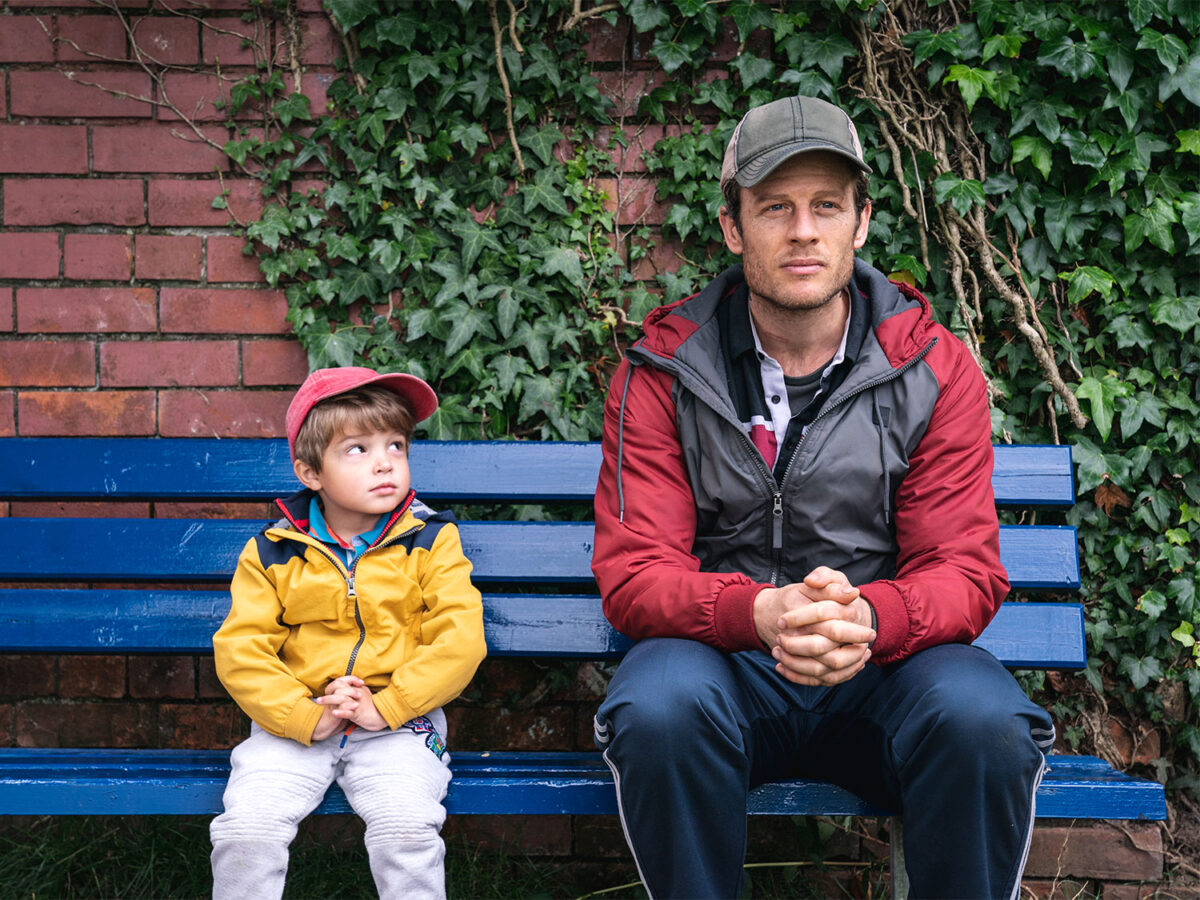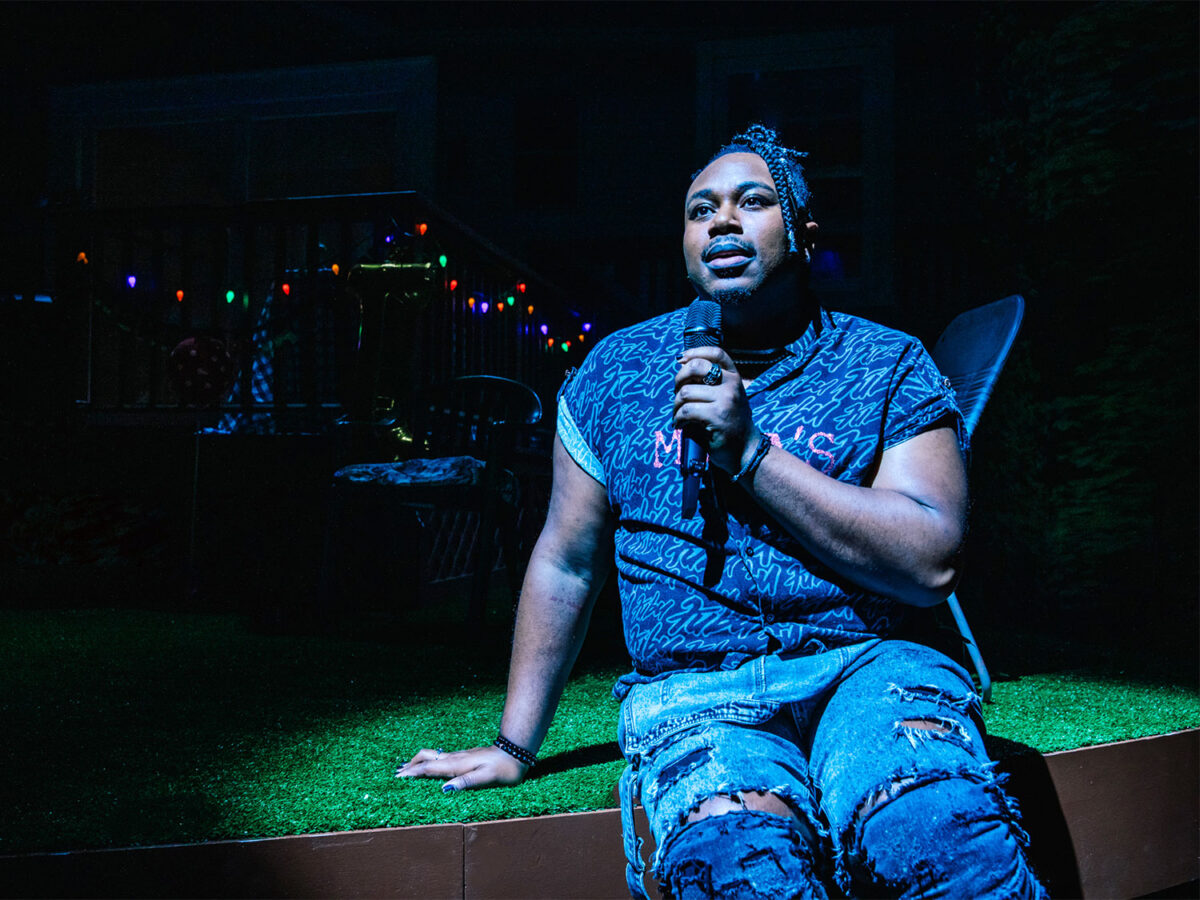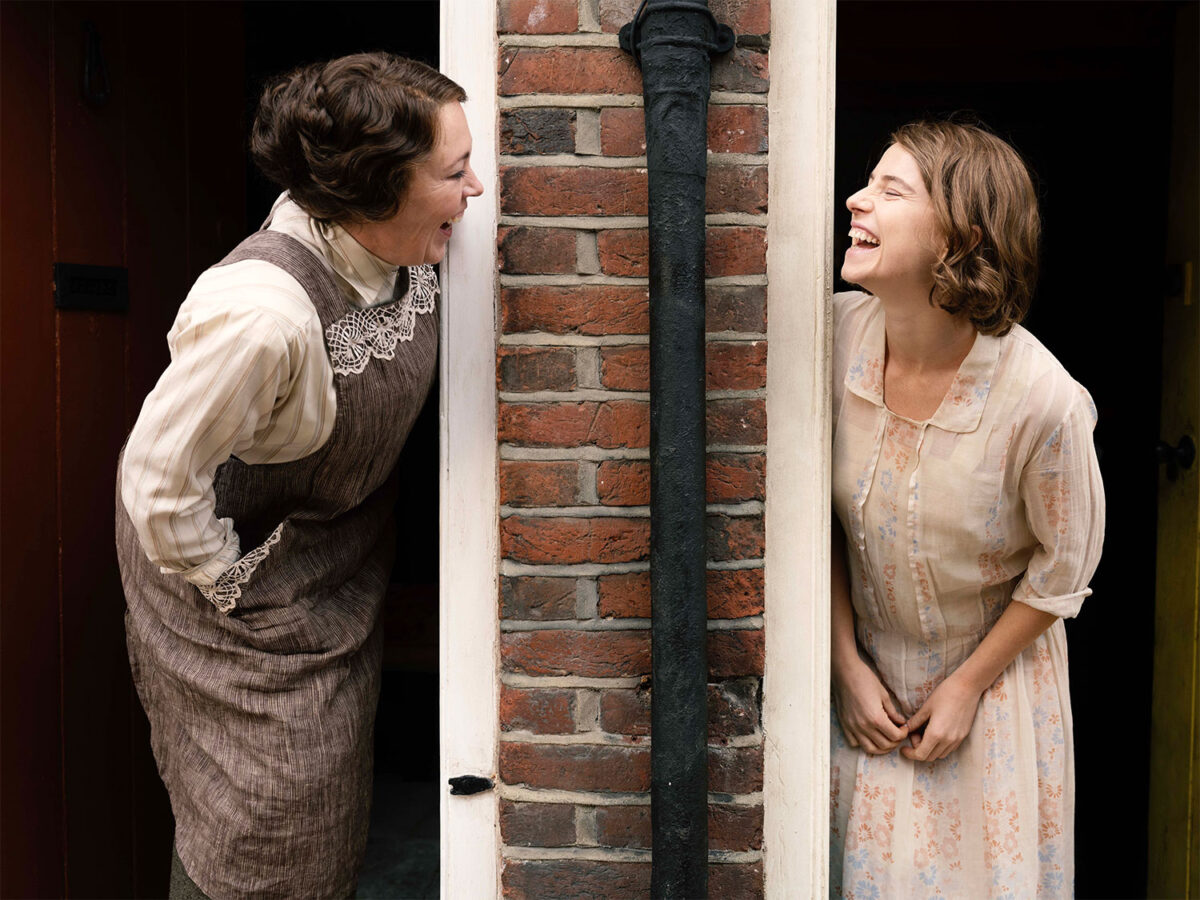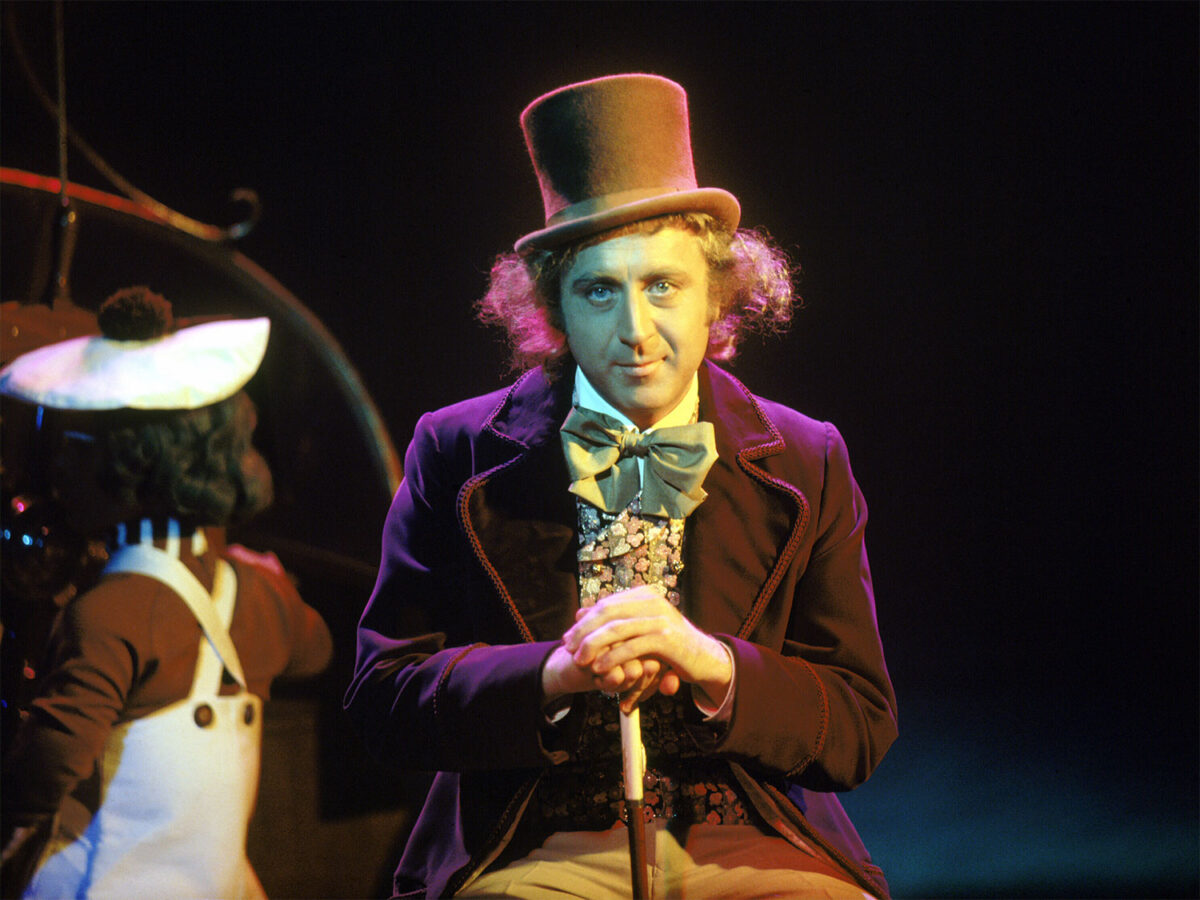“We Grown Now” is a wonderful film, both a revelation and celebration of youth in an environment foreign to most of us. Remarkably free of stereotype, writer/director Minhal Baig has chosen to center her story around two best friends growing up in Chicago’s Cabrini-Green housing project in 1992.
Baig brings us into the world of Malik and Eric, 10-year-olds and best friends forever. Their entire existence has been Cabrini-Green, a home they’re proud of and one they can’t imagine leaving. We first meet them as they are hauling a discarded mattress down to the playground. Because the elevator is once again not working, they have to drag it down 10 flights to the cracked concrete playground, adding it to the others they’ve piled up. They spend their days flying, or at least that’s what it seems to them when they see who can jump the highest and farthest, landing on the other old mattresses. Malik and Eric reign supreme at this modified long jump as others around them shoot hoops or play Double Dutch.
Above all, this is a film about the imagination and creativity of children who may be aware that they have less than others but would defy anyone to think that they were less than. Malik and Eric know who they are and have hopes and dreams like anyone else. They worship the Chicago Bulls, endlessly discussing the value of Scotty Pippen to Michael Jordan; they tell each other truly awful jokes. Their mischief is no different than any other 10-year-old, and they have parents who care and do everything they can to make sure that they are protected.
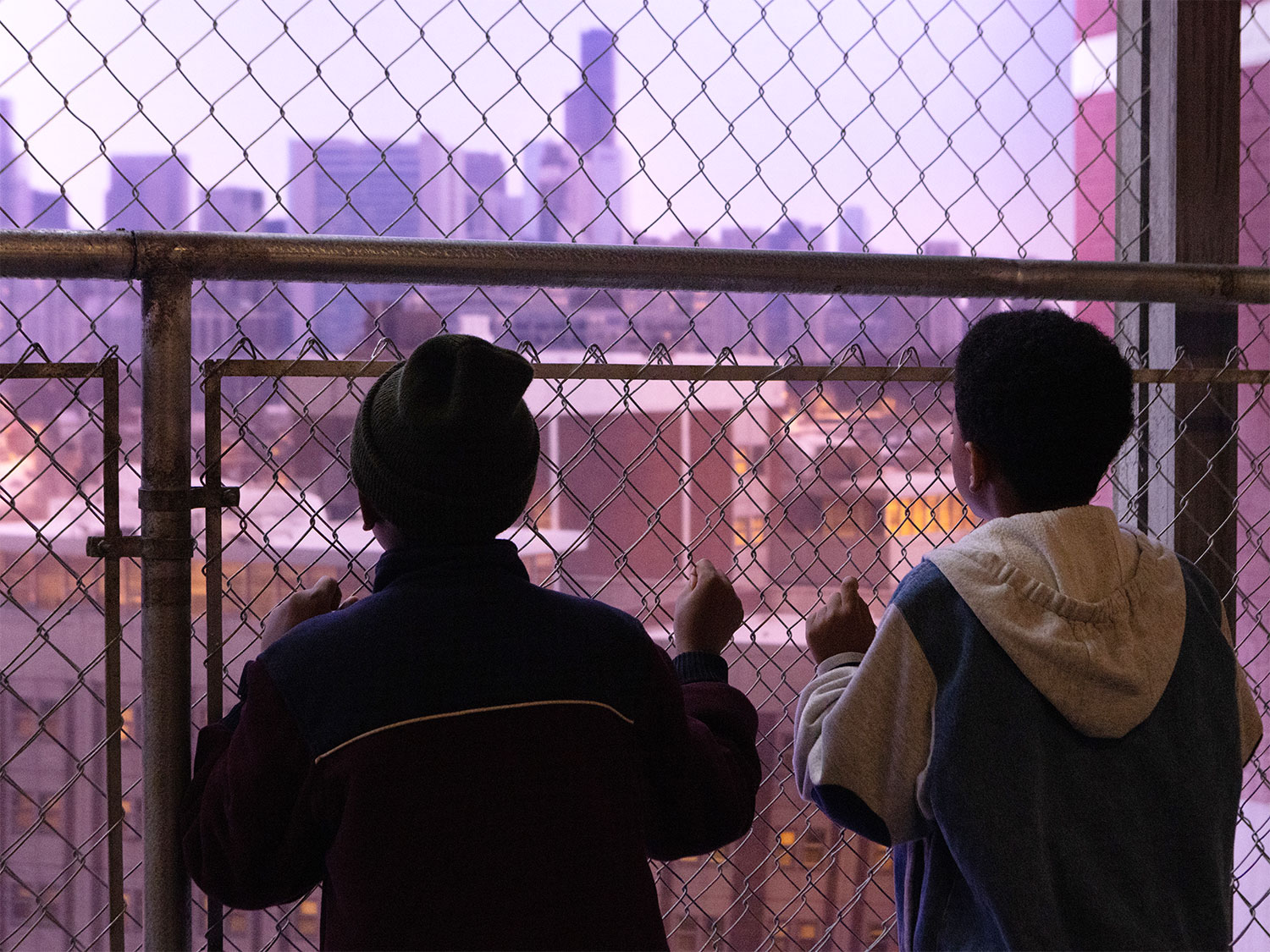
Photos courtesy of Participant and Sony Pictures Classics
Dolores, Malik’s mother, is rooted to Cabrini-Green and is vigilant in watching over her children. She has a job that seems to be without prospects, but, as her mother, Anita, points out, only because she chooses to make it that way. For her own sake and that of her family, she needs to stand up for herself. But she fears the potential uncertainty. The status quo assures them of a meager existence; a step up the ladder might improve their lives but it also involves risk.
Life in Cabrini-Green is one of benign neglect. The city, especially the Chicago Housing Authority (CHA), has little interest in the comings and goings within the projects until the problems spill out of those boundaries. The elevators rarely work; the faucet in Delores’ apartment has been leaking for months; the playground is a minefield of cracks and broken equipment. This is their daily life; they know no other. Malik and Eric need nothing more than a flight of fancy to conjure kingdoms in the stars.
Then the unthinkable happens. Dantrell Davis, age 7, was walking to school with his mother when he was killed, caught in the crossfire of gang violence. The mayor and the CHA unleash the Chicago Police Department on Cabrini-Green, a community of 15,000 mainly law-abiding citizens, brutally ensnaring the innocent as well as the guilty. Apartments are wrecked, families are persecuted in the name of cleansing the project of any suspected criminal element, a too sensitive reminder of Anita’s youth before arriving in Chicago from the South. Malik and Eric will now have to play inside because the parents have determined that it is too dangerous outdoors. But they’re 10 and they know how to maintain their world even when the borders contract. They find empty apartments in which to dream their dreams and play their games. Malik and Eric are able to stare at the stained ceiling, convinced that they can see the stars beyond. When they cut school, it’s to take a stolen ride on the train to the Art Institute where they wander the storied galleries filled with Impressionist art, an experience that will only add more colors to their vision of the outside world. What would it be like to see “A Sunday on La Grande Jatte” by Seurat for the very first time? Watch them and you will see.
Baig paints the adults with a stiff but loving brush. Eric’s father is a tough disciplinarian. He’s proud to have a daughter who is about to graduate college but frustrated that Eric seems flighty and unfocused, unable to acknowledge that he’s a 10-year-old with a life, albeit not an easy one, ahead of him. Malik’s family is graced with a grandmother whose quiet resilience and strength anchor them. She knows the value of life and invention and promotes it in both of her grandchildren, while encouraging her daughter to live in the present and allow her kids to soar.
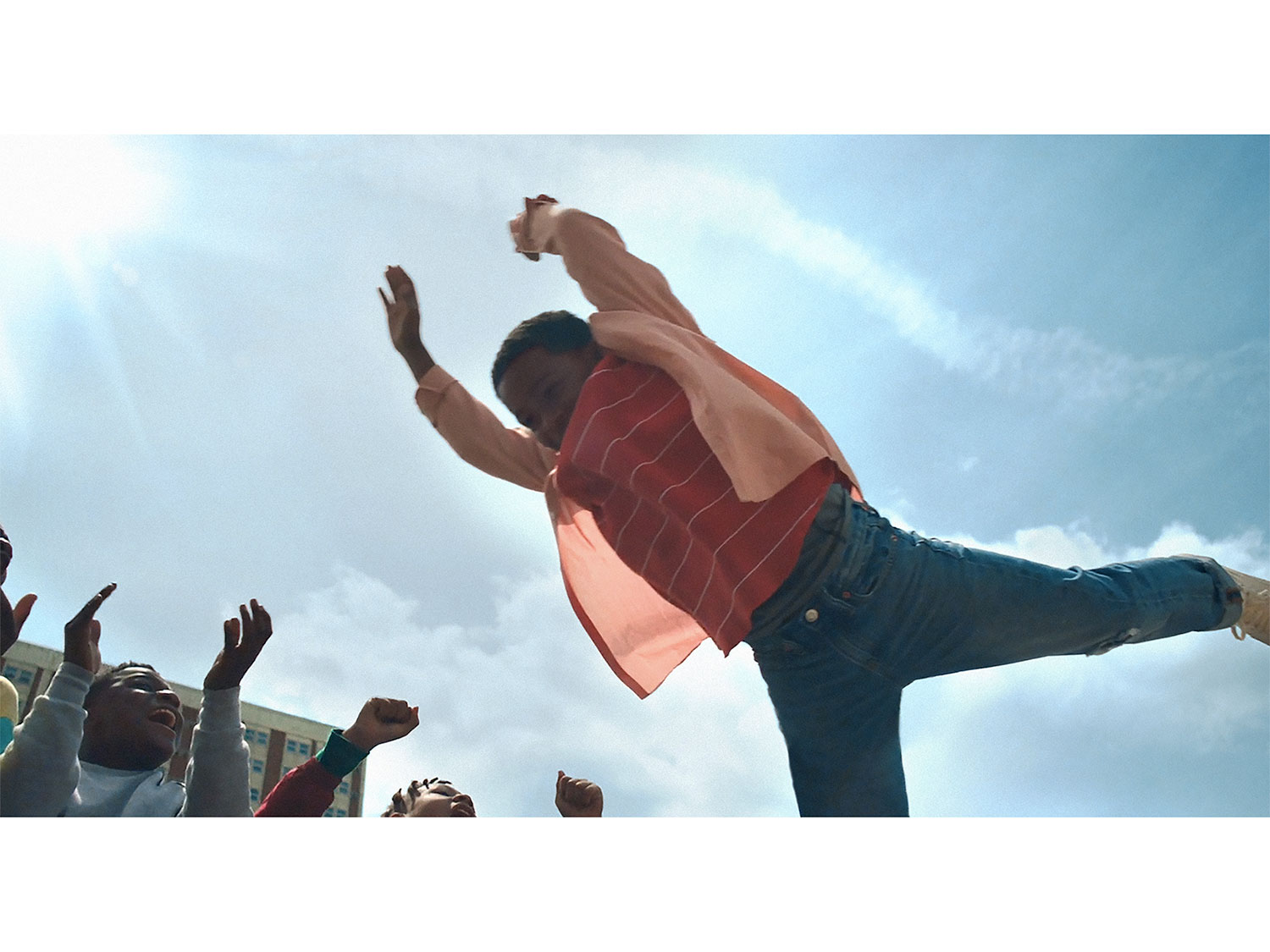
Racism, inherent within so many actions, remains as an underscore, not as a focus. Anita tells Malik and his sister about moving to Chicago from Tupelo, Mississippi when Dolores was little. When asked why they moved, she merely says it was time to leave when their shoe store was burned down. At a critical juncture for both Malik and his mother, Anita says that there’s always a time to stay and a time to move. Her quiet determination, almost stoic support of her family, anchors both them and the film. After Dantrell’s murder, the police and their scorched earth policy raid Dolores’ apartment, destroying precious mementos and manhandling adults and children alike. There is no need to point out the root of this treatment. We know it; we’ve seen it too many times before. There is no need to call attention to what is obvious.
More importantly, there are so many episodes of awe and wonder, seen through the eyes of 10-year-olds whose parents straddle the line between encouragement and fear-based opposition. The adults are a strong presence but this is about the boys; life seen through their eyes and their still unsullied perception. This is not a coming-of-age story, muddled with puberty and ambiguity. This is about children before society and external expectations remove some of the joys and possibilities of the future. Life and its lessons through the eyes of Malik and Eric is full of the potential that may be dulled and diminished with time, but not yet and one hopes not too much. Stereotype is replaced by full-throated character development of individuals who have the same hopes, dreams and aspirations as anyone else is entitled to. They are us and we are them, and I hope we allowed our children to be just that, children where an old mattress or a semi-inflated basketball holds the same charm and imagination as an Xbox.
Baig’s cinematographer Pat Scola worked with production designer Merje Veski to create the illusion of a high-rise project because Cabrini-Green was torn down by the city in 2011. Scola’s camera soared over the set and the city; Veski’s interiors were evocative and real. Together they created a visual language of living a life alien to most of us, but a wondrous world as seen and experienced by the boys.
“We Grown Now” would not be the film it is without an amazing cast. As the adults, Jurnee Smollett as Delores and Lil Rel Howery as Nick’s father Jason are strong, serious and believable parents. It is little, almost glossed over statements that deepen their characters. S. Epatha Merkerson is Anita, the grandmother who underpins the family structure with her quiet strength. But without the actors playing Malik and Nick, there is no movie. Gian Knight Ramirez portrays Eric as tentative, almost secondary to Malik. His eyes are wide, his lips pursed; he’s still a follower and not yet a leader but there is that hope in his eyes that he’ll continue to grow. Blake Cameron James as Malik is a revelation. His open face, infectious smile and barely hidden mischievous nature all are more than what could have been on the page. He’s a leader, unafraid of consequences he hasn’t imagined. It’s possible that Malik will rule the world at some point but for now, he has a grasp of who he is and doesn’t see an end to his future. Both boys are joyful; the very embodiment of imagination and the force it can exert on lives that have yet to be told they are less than. Malik will never be less than; one has to hope that Nick will enjoy that same strength.
Not sure of what to expect the first time I watched this movie, I am in awe of how Baig opened my eyes to a world of possibility and unspoken hope. What Malik says to Nick are words that we should all live by: Don’t be afraid to fly.
Opening April 19 at the AMC Century City 15.
Neely Swanson spent most of her professional career in the television industry, almost all of it working for David E. Kelley. In her last full-time position as Executive Vice President of Development, she reviewed writer submissions and targeted content for adaptation. As she has often said, she did book reports for a living. For several years she was a freelance writer for “Written By,” the magazine of the WGA West, and was adjunct faculty at USC in the writing division of the School of Cinematic Arts. Neely has been writing film and television reviews for the “Easy Reader” for more than 10 years. Her past reviews can be read on Rotten Tomatoes where she is a tomato-approved critic.



